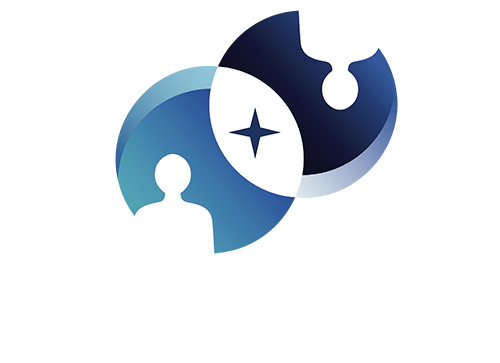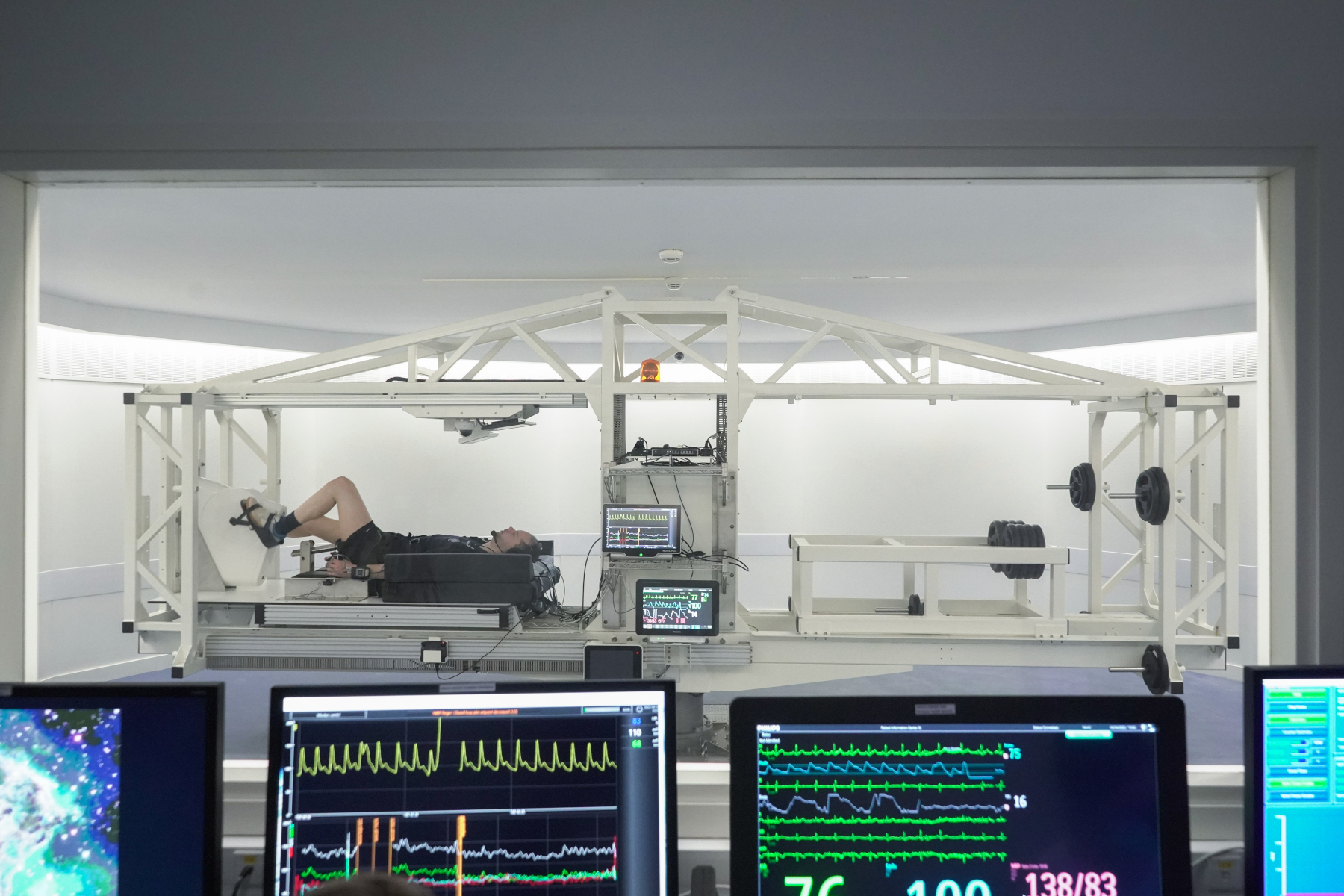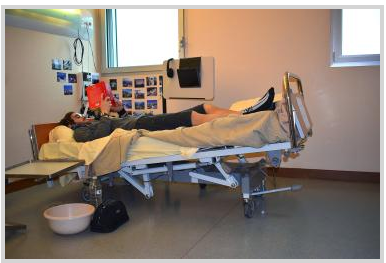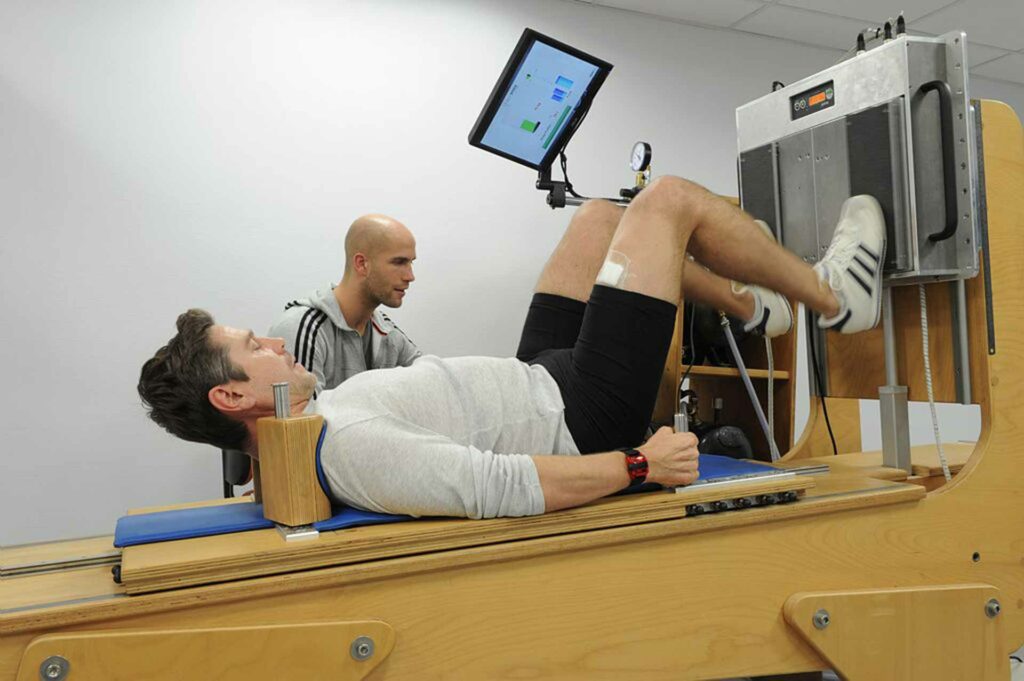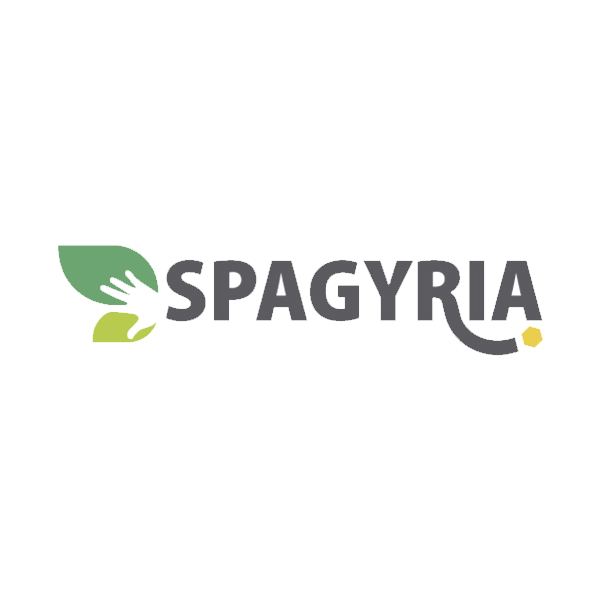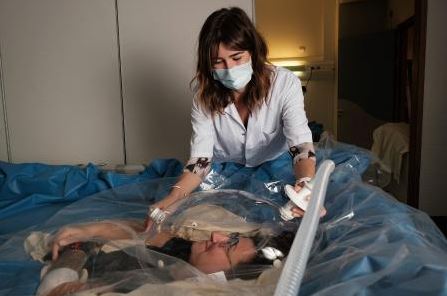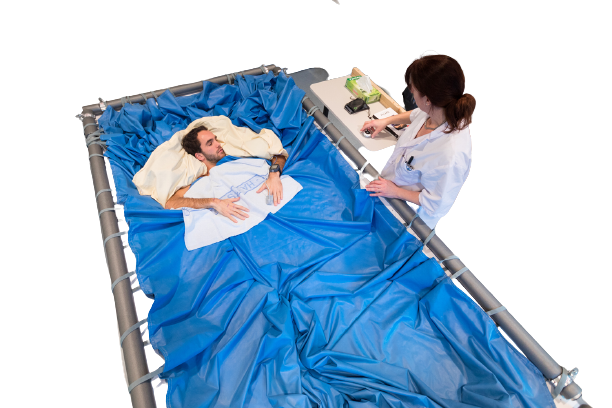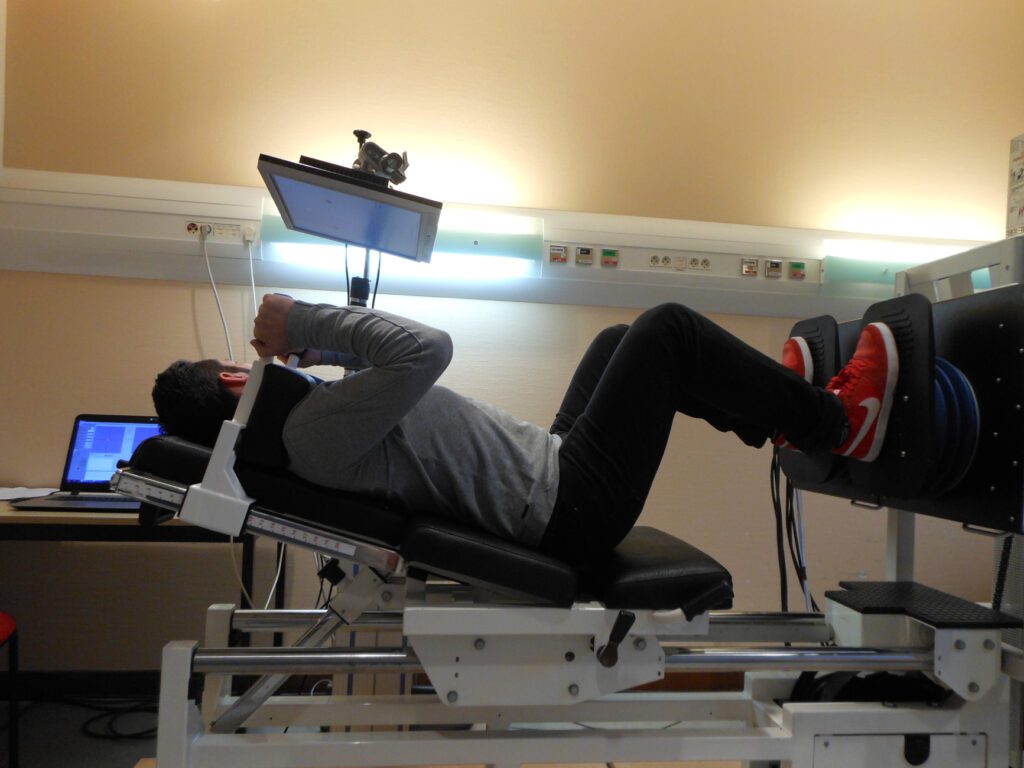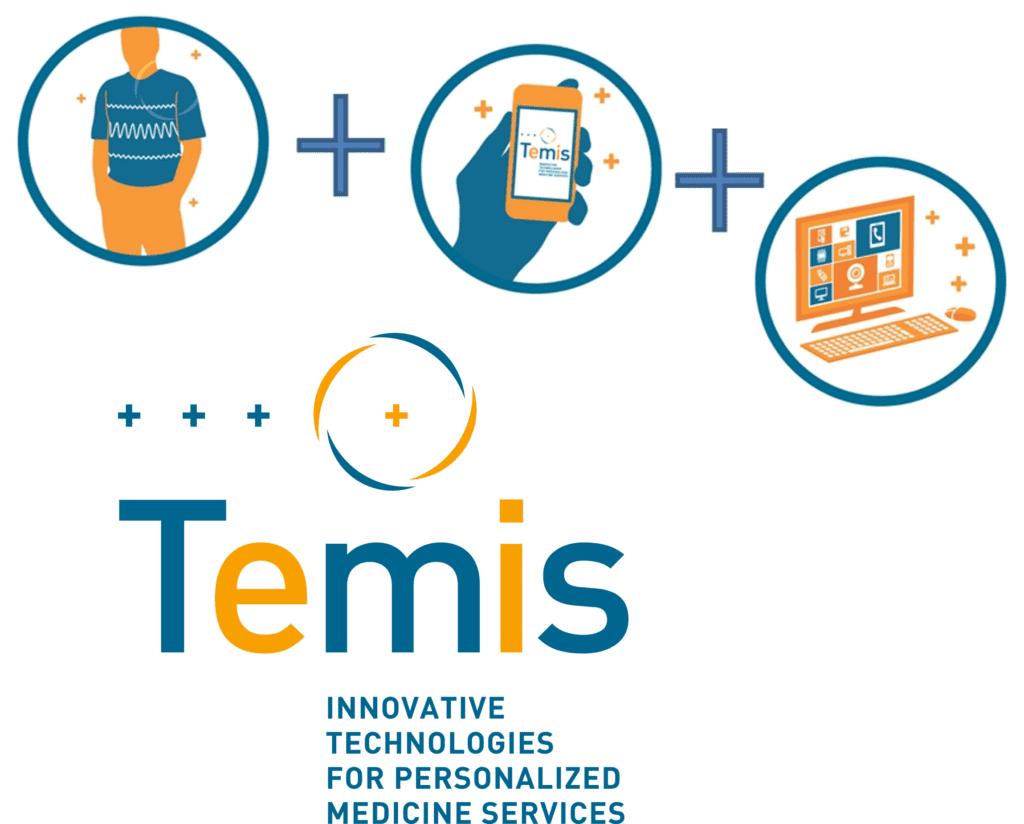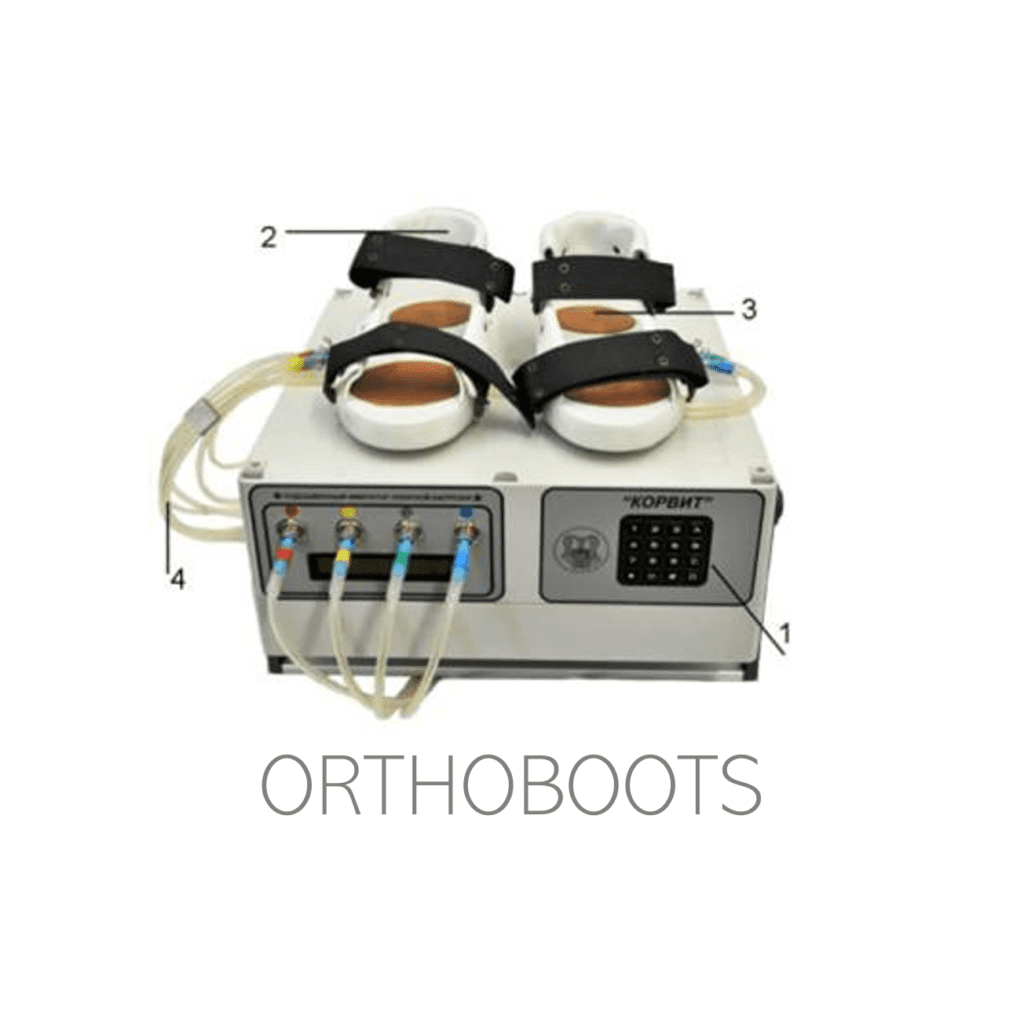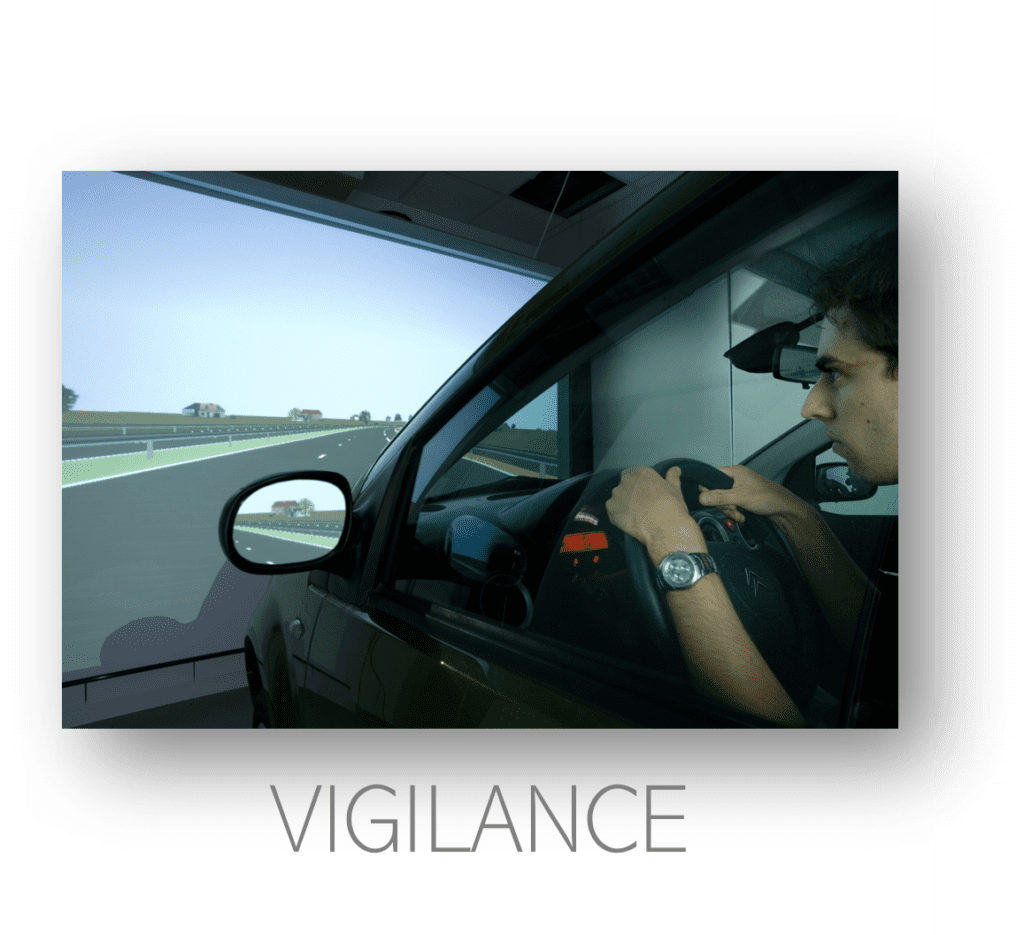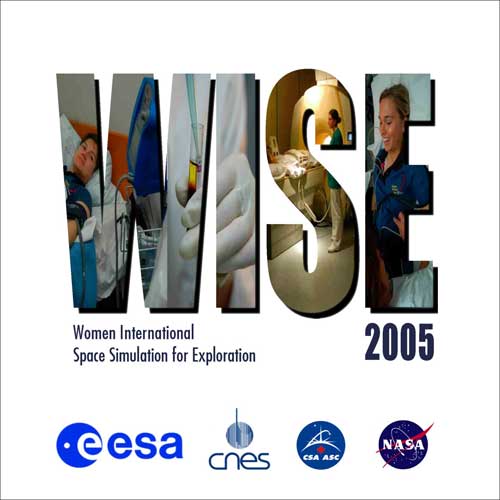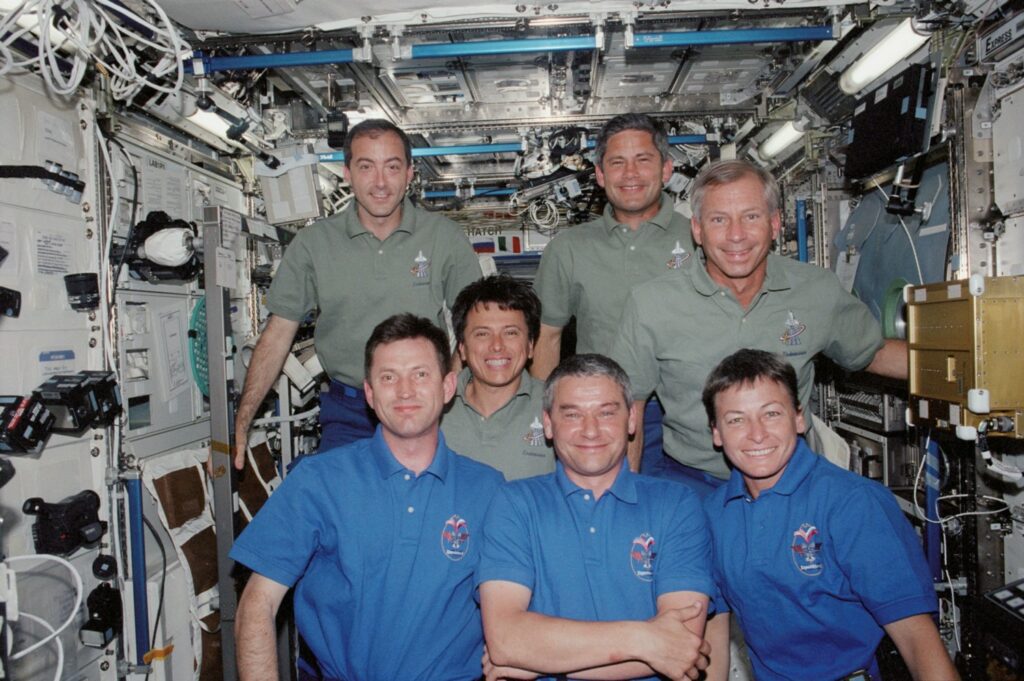Clinical studies
Since the creation of the Space Clinic in 1996, MEDES has carried out a large number of studies, both for the space and terrestrial medical fields.
MEDES:
- develops experimental procedures for space research, and carries out studies on simulating the effects of weightlessness, isolation, confinement, sleep, circadian rhythms…
Since its creation, MEDES has carried out no less than twenty studies of this type, lasting from a few days to several months. - As part of its clinical research activities for health on Earth, MEDES has carried out studies on the physiological effects of physical inactivity, the effects of drugs on alertness and sleep, pharmacokinetics, and the testing of new medical devices.
Below are details of some of the clinical studies carried out at MEDES…
2023 - in progress
Study evaluating the effects of centrifugation and exercise to prevent the effets of weightlessness.
2021
MEDES has carried out a new ground-based study to simulate weightlessness. 20 volunteers took part in this long-term study, which was carried out in 2 phases: an initial campaign with 10 volunteers from January to April 2017 and a second campaign from September to December 2017.
2021
The “Medium duration Nutrition and vibration eXercise” (MNX) study was part of a research programme being conducted under the leadership of the French and European space agencies.
2021
Spagyria is a cross-border cooperation project which, through a network of specialised employment centres and research centres, aims to extend the growing of aromatic plants and their processing in the laboratory, as well as research into innovative processes through fully sustainable technologies for the development of natural cosmetic products.
2021
MEDES conducted a new study for ESA to simulate weightlessness, using the “Dry Immersion” model on an all-women group !
2019
In the first half of 2019, 20 volunteers took part in a new study to simulate weightlessness using an original model, dry immersion. This model simulates the effects of weightlessness on the human body on the ground and is used to test a new preventive method designed to minimise the negative effects of weightlessness on the human body.
2016
MEDES conducted a study on behalf of ESA to test a new countermeasure (preventive method) to ensure the health of astronauts : the WECARE device.
2013-2014
TEMIS offers effective solutions to measure and assess them thanks to the use of simple technology. The solutions generate health indicators making it possible to provide a more personal form of medicine to each individual.
2013
Clinical study designed to investigate the mechanisms of cardiovascular regulation in the standing position and the effects of mechanical plantar stimulation.
2008-2010
MEDES carried out two studies, in 2007-2008 and then in 2010, on the effects of taking a therapeutic drug referred to as “Medico-Médicament” and then cannabis, referred to as “Medico-Cannabis”, on driving performance and behaviour.
2003
This study was conducted by MEDES on behalf of ESA and CNES in 2003. Its goal was to study and assess the influence of the composition of crews (in manned spaceflight) on risk perception and risk taking under conditions of hypnic and chronobiological stress.
